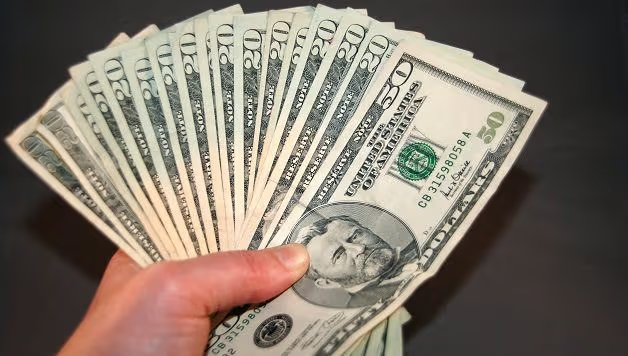Memecoin Craze Is ‘Unquestionably Over’ as Crypto Heads Towards Maturation, Nic Carter Says
The memecoin market, once pitched as a "fair launch" opportunity for traders, has been exposed as a rigged game, Carter said.
Feb 19, 2025, 8:51 p.m. UTC

What to know:
- Memecoins were sold as an alternative to VC-backed tokens, but insiders dominated the market, making them unfair to traders.
- Rigged launches, such as the LIBRA token which ensnared Argentine President Milei, have eroded confidence in the sector.
- Carter expects the industry to now shift to quality token launches and potential regulatory crackdowns on memecoins.
The era of memecoins as a supposedly fair trading opportunity is "unquestionably over," according to Nic Carter, a partner at Castle Island Ventures.
In a post on X, Carter argued that memecoins—tokens with little to no utility beyond speculative trading—were initially attractive because they appeared to offer an even playing field for retail investors. However, with recent scandals such as LIBRA coin, the market has been overtaken by insiders, prelaunch deals, and bot-driven trading, leaving everyday traders at a disadvantage.
“The entire premise of memecoins was that they were ‘fair launch’ opportunities where retail had just as good a shot as funds and VCs,” Carter wrote. “That was exposed as a lie—the casino wasn’t fair.”
Carter pointed to the launch of Milei's LIBRA coin, which opened at a $1 billion market cap before briefly spiking to $4 billion, as an example of how insiders now dominate the market. Such unfair launches, he said, have turned memecoins into a casino where the house overwhelmingly wins.
Read more: Libra Token’s Co-Creator Claimed He Paid Argentinian President Milei’s Sister
While Carter thinks that the recent trading frenzy that started since the U.S. President Donald Trump started his TRUMP memecoin is over, he did note that the industry isn't going to disappear. Rather, there will still likely be a few new token launches and some winners, but the "meta is done."
As confidence in memecoins fades, Carter expects regulators to take action against insider trading in the sector. “Just because memecoins probably aren’t securities doesn’t mean there’s no liability associated with trading on inside information,” he said, predicting that blockchain transaction histories will lead to future law enforcement actions.
'What maturation looks like'
Looking ahead, Carter believes the market will shift toward more sustainable and fair token launches.
High pre-launch valuations have become less attractive, and projects are adapting by offering lower initial valuations to attract buyers. Platforms like Echo, which enforce accreditation and KYC, are likely to gain popularity for prelaunch fundraising, helping projects distribute tokens more fairly.
Meanwhile, Carter expects increased legitimacy in DeFi tokens. With the SEC crafting clearer rules for token issuance, he sees a future where tokens can openly generate and return capital to users.
“The trade of the next few years is simply assessing the fundamentals of these tokens and buying those that trade at reasonable valuations relative to their real or implied cashflows,” he said.
While some traders may lament the end of the memecoin gold rush, Carter argues that the market is simply maturing. “The pain of disillusionment is real, but ridding ourselves of the cancerous memecoin sector—which was in hindsight tremendously unfair—is a good development overall,” he wrote.
Read more: Will Argentinian President Milei's Crypto 'Fiasco' Be a Deathblow for Memecoin Craze?
Disclaimer: Parts of this article were generated with the assistance from AI tools and reviewed by our editorial team to ensure accuracy and adherence to our standards. For more information, see CoinDesk’s full AI Policy.



